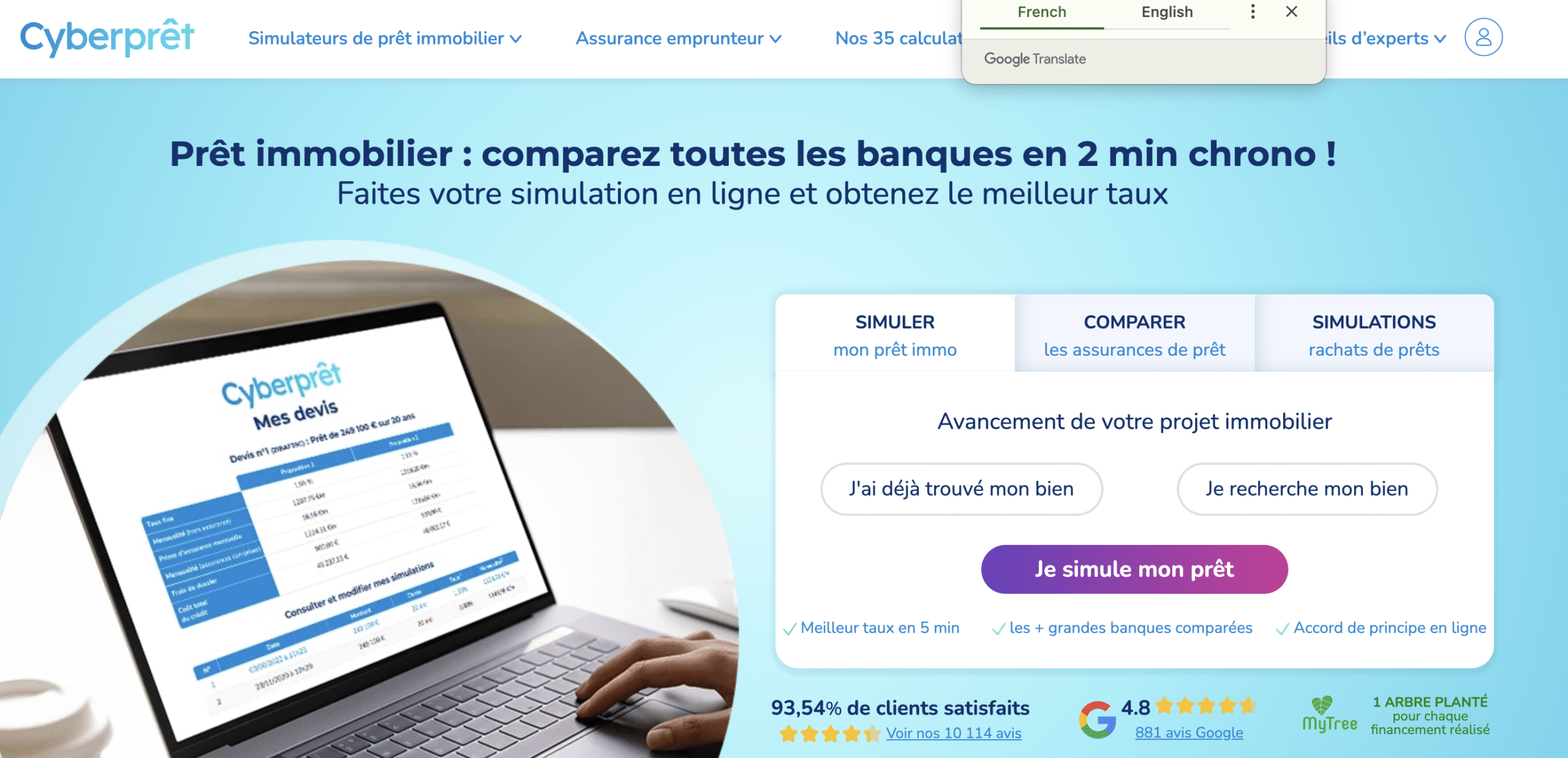Introduction
In today’s digital world, investment opportunities are everywhere. With the rise of cryptocurrencies, forex trading, and online brokerage services, investors are constantly bombarded with platforms promising fast and high returns. However, not all that glitters is gold. Among the countless websites vying for attention, EquityInvestment.com has emerged as one of the more notorious platforms accused of scamming unsuspecting investors.
This review takes a deep dive into the platform — exploring how it operates, identifying the telltale signs of its fraudulent nature, and sharing real user experiences. If you’ve come across EquityInvestment.com or are considering investing with them, this guide will equip you with everything you need to know before risking your money.
1. Background of EquityInvestment.com
At first glance, EquityInvestment.com appears to be a legitimate online investment service. Its website is sleek, filled with professional images of financial advisors, charts, and corporate offices. It claims to offer “premium investment opportunities” in equities, commodities, and digital assets, boasting guaranteed returns of 15–30% per month — a number that immediately raises eyebrows for anyone with investment experience.
The company describes itself as a “global investment management firm helping individuals grow their wealth through diversified portfolios.” It supposedly has offices in London, New York, and Singapore. However, a closer look reveals a disturbing lack of verifiable information. There are no real office addresses, no valid company registration details, and no legitimate licensing from any financial regulatory authority.
These are red flags that many users overlook at first, drawn in by the site’s professional appearance and the promise of easy profits.
2. The Illusion of Legitimacy
Scam platforms like EquityInvestment.com often rely on one core tactic: credibility through appearance. Their websites mimic those of genuine investment firms, complete with stock photos of executives, fake testimonials, and fabricated regulatory badges.
EquityInvestment.com, for example, displays logos suggesting it is “regulated” by well-known financial authorities. But a check on the official databases of those agencies reveals no record of the company or its operators. It’s a classic case of false representation designed to create trust among new investors.
The site also uses aggressive marketing tactics — including social media ads, paid influencers, and even fake news articles — that describe the platform as “the future of online investing.” Many of these ads feature fabricated celebrity endorsements or use AI-generated faces claiming to be satisfied investors. These tactics work because they appeal to emotions, particularly greed and fear of missing out (FOMO).
3. How the Scam Works
The EquityInvestment.com scam follows a familiar playbook used by many fraudulent investment schemes. Here’s a breakdown of the stages:
a. The Bait
Prospective investors are drawn in through ads or direct messages on social media. The platform promises guaranteed returns — sometimes up to 300% within a few months. The sales pitch often claims that users can “start with as little as $250” and watch their portfolio grow daily.
b. The Hook
Once a user registers, a “personal account manager” or “financial advisor” contacts them via email, phone, or WhatsApp. This person, who often has a foreign accent and an overly friendly tone, persuades the user to deposit more money to “unlock premium returns” or “take advantage of a limited-time investment opportunity.”
The platform’s dashboard shows fake profits within days — a clever trick to convince the victim that their investment is growing. These numbers, however, are fabricated, designed only to build trust and encourage additional deposits.
c. The Trap
When investors try to withdraw funds, they’re met with excuses. The platform claims that withdrawals are temporarily disabled, that taxes must be paid first, or that the account needs “verification.” In some cases, the “advisor” demands an additional deposit to “unlock” the funds. Once victims refuse or start asking too many questions, communication abruptly stops.
d. The Disappearance
Eventually, the website becomes inaccessible, the account manager vanishes, and the victim realizes they’ve been scammed. The site may later reappear under a new domain with a slightly different name, targeting new victims all over again.
4. Red Flags and Warning Signs
Even though EquityInvestment.com’s website looks convincing, several warning signs clearly reveal its fraudulent nature. Here are the major ones:
-
Unrealistic Returns:
No legitimate investment platform can guarantee returns of 30% or more per month. Real markets are volatile, and such promises are mathematically impossible. -
Lack of Regulation:
The company claims to be registered with major financial authorities, yet none of these regulators have records of its existence. -
Anonymous Operators:
There is no verifiable information about the founders, executives, or physical office locations. Legitimate firms are transparent about their leadership. -
Pressure Tactics:
Victims report receiving constant messages urging them to invest quickly or risk “missing out on a once-in-a-lifetime opportunity.” -
Fake Testimonials:
The “investor stories” on the website use stock photos and AI-generated text. Reverse image searches confirm the photos belong to unrelated people or stock image libraries. -
Withdrawal Restrictions:
A hallmark of online scams, victims are unable to withdraw their funds once deposited. Instead, they face endless demands for more money.
5. User Experiences and Complaints
Online forums and social media are flooded with complaints from individuals who lost money to EquityInvestment.com. Many share eerily similar experiences — being contacted by “investment advisors” who promised high returns and then disappeared after receiving funds.
One user wrote that they initially deposited $500 and were thrilled to see their account balance grow to over $2,000 in just two weeks. When they tried to withdraw $300, the site claimed their account needed to be “verified” by paying a $100 fee. After paying, the account manager vanished. The site later went offline.
Another investor said they were pressured to invest $10,000 after being told that a “high-yield corporate opportunity” was closing soon. After making the deposit, they were asked to send an additional $2,000 for “insurance coverage.” Realizing the scam too late, they lost everything.
These stories follow the same pattern — excitement, fake profits, withdrawal issues, and total loss.
6. Investigating the Digital Footprint
A technical look into EquityInvestment.com’s domain reveals even more clues. Domain registration records show that it was registered anonymously through a privacy protection service — a common tactic used by scammers to hide their identities. The domain age is typically short, often just a few months old before the site either disappears or changes names.
The site’s content is often copied from legitimate financial institutions, with only minor modifications. In some cases, even the “About Us” page or terms and conditions sections are plagiarized. This lazy copy-paste approach indicates the creators are more focused on deception than building a real business.
Additionally, many scam-detection websites flag the domain for suspicious activity, high-risk indicators, and reports of fraudulent behavior.
7. The Psychology Behind the Scam
Understanding the psychology of scams like EquityInvestment.com helps explain why intelligent, cautious individuals still fall victim.
-
Greed and Hope:
The promise of fast, effortless money taps into human greed and optimism — the belief that this might be the one chance to get ahead financially. -
Authority Bias:
By posing as professional brokers or advisors, scammers exploit people’s natural tendency to trust perceived authority figures. -
Fear of Missing Out (FOMO):
Limited-time offers and fake testimonials create urgency, pushing victims to act quickly without thorough research. -
Trust Through Familiarity:
The use of familiar financial terms and professional-looking interfaces gives victims a false sense of legitimacy.
8. Why Authorities Struggle to Stop Such Scams
Scams like EquityInvestment.com are difficult to shut down because the perpetrators operate internationally. They frequently change domain names, use offshore servers, and communicate through encrypted channels. Even if one website is taken down, another pops up within weeks under a different name but identical design.
Moreover, victims are often hesitant to report the scam due to embarrassment or fear of judgment. This lack of reporting allows scammers to continue operating unchecked. Law enforcement agencies are improving their cybercrime units, but the sheer volume of such scams makes full eradication nearly impossible.
9. How to Identify Similar Scam Platforms
EquityInvestment.com is not unique — it’s part of a larger pattern of online investment fraud. To protect yourself, here’s a checklist for identifying suspicious platforms:
-
Verify Licensing: Always confirm if a company is registered with recognized regulators. Never rely on badges or logos displayed on the website.
-
Check Domain Age: Use WHOIS lookup tools to see how old a website is. Scams often use new domains.
-
Look for Real Contact Info: Genuine companies list verifiable office addresses, phone numbers, and executive details.
-
Test Withdrawals Early: Try withdrawing a small amount before investing heavily.
-
Research Reviews: Search for independent reviews and user complaints on trusted forums.
-
Beware of Unrealistic Promises: If it sounds too good to be true, it almost certainly is.
10. The Emotional Aftermath for Victims
Beyond the financial loss, being scammed can have severe emotional consequences. Victims often experience shame, anger, and a sense of betrayal. Many blame themselves for being “naïve,” when in reality, these scams are engineered by professionals skilled in manipulation and deception.
The psychological damage can sometimes exceed the financial one. Victims lose trust not only in online investments but in legitimate institutions as well. This highlights the importance of public education and awareness in preventing future scams.
11. What Happens to the Money?
Funds sent to EquityInvestment.com rarely stay in one place. Scammers typically transfer deposits through a web of crypto wallets and offshore accounts, making recovery extremely difficult. They often use untraceable methods like Bitcoin or stablecoins to receive payments, ensuring that victims have little to no recourse once funds are sent.
Some scammers use money mules — individuals who unknowingly help launder funds by transferring money through their bank accounts in exchange for small commissions. This makes tracking and prosecuting the perpetrators a global challenge.
12. The Bigger Picture: A Growing Online Epidemic
The rise of scams like EquityInvestment.com is part of a larger epidemic of online investment fraud. As more people turn to digital finance, scammers exploit the anonymity and global reach of the internet. In recent years, online investment scams have become one of the fastest-growing forms of cybercrime.
Regulators and cybersecurity experts warn that this trend will continue as scammers use increasingly sophisticated tools — including AI-generated websites, fake reviews, and deepfake videos — to lure victims.
Public vigilance and education remain the most powerful defenses against such crimes.
13. Lessons Learned
EquityInvestment.com serves as a stark reminder that due diligence is non-negotiable in the world of online finance. Before investing anywhere:
-
Research thoroughly.
-
Verify credentials and licenses.
-
Never rush into decisions based on emotion.
-
Be skeptical of “guaranteed returns.”
-
Keep detailed records of communications and transactions.
These simple precautions can prevent devastating losses.
Conclusion
The story of EquityInvestment.com is one we’ve seen too many times — a slick website, promises of wealth, and a painful end for unsuspecting investors. The platform exemplifies how easily scammers can exploit human trust and technological convenience to steal money on a massive scale.
In a world filled with digital opportunities, it’s crucial to remember that legitimate investment success takes time, patience, and careful planning. If a platform guarantees profits with zero risk, it’s almost certainly a scam.
EquityInvestment.com may disappear tomorrow, but others like it will rise in its place. Awareness, skepticism, and education are your best tools for staying safe in an increasingly deceptive online world.
Report EquityInvestment.com Scam and Recover Your Funds
If you have lost money to EquityInvestment.com, it’s important to take action immediately. Report the scam to LOSTFUNDSRECOBERY.COM, a trusted platform that assists victims in recovering their stolen funds. The sooner you act, the better your chances of reclaiming your money and holding these fraudsters accountable.
Scam brokers like EquityInvestment.com continue to target unsuspecting investors. Stay informed, avoid unregulated platforms, and report scams to protect yourself and others from financial fraud. Read More reviews at Scams2Avoid



